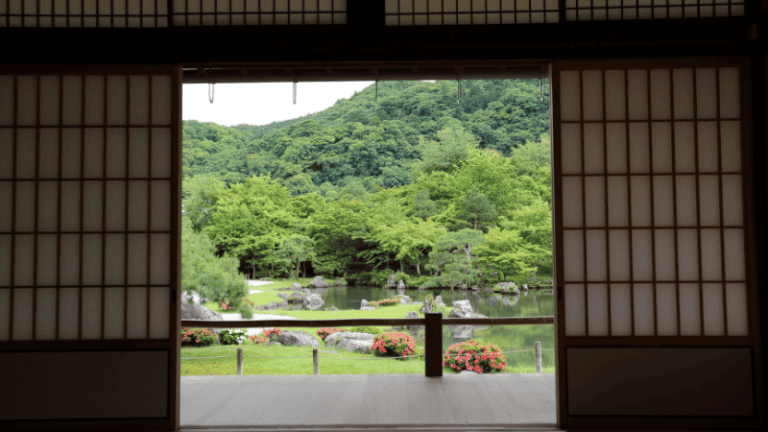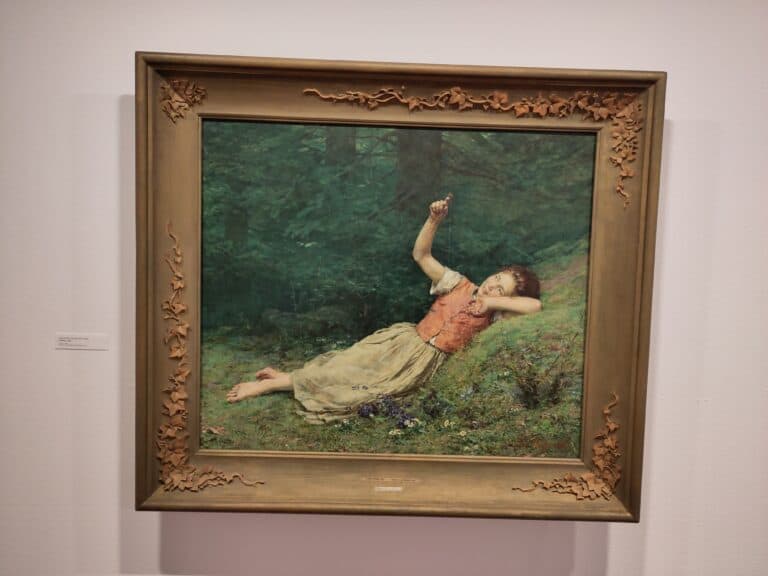Kaizen: The philosophy of continuous improvement
At the heart of Japanese industry lies a simple but profoundly transformative principle that has not only reshaped the way businesses operate, but also provides a guide for personal growth and development. Kaizen, the philosophy of continuous improvement, is a testament to the power of small, incremental change. Its application goes beyond the boundaries...










